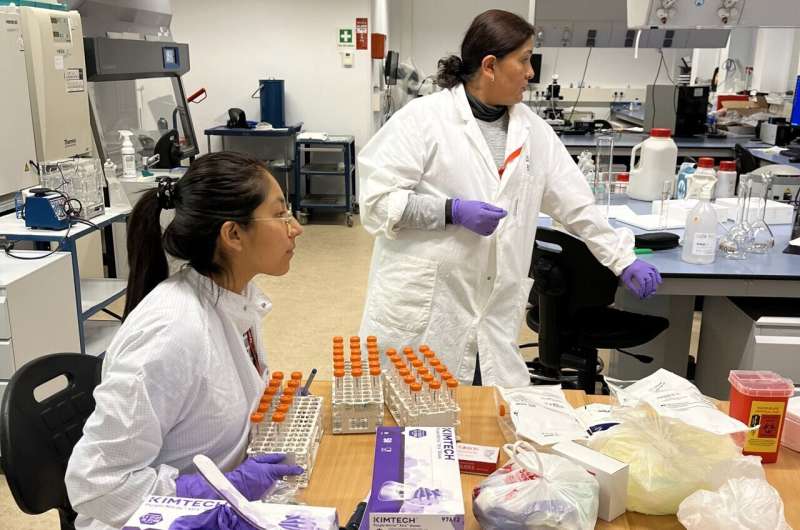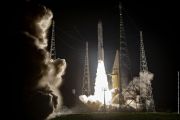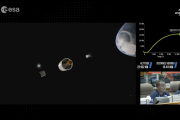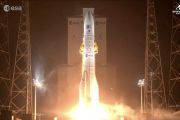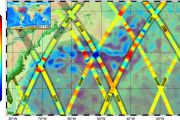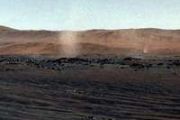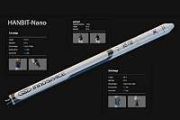
Copernical Team
DOD Prioritizing Cooperation With Allies in Space
 Cooperation among allies is critical as global competitors increasingly look to space as the next frontier of warfare, the Pentagon's top space policy official said, yesterday.
Dr. John F. Plumb, assistant secretary of defense for space policy, said space capabilities have become integral to everyday life and a crucial component underpinning the United States' economic prosperity and natio
Cooperation among allies is critical as global competitors increasingly look to space as the next frontier of warfare, the Pentagon's top space policy official said, yesterday.
Dr. John F. Plumb, assistant secretary of defense for space policy, said space capabilities have become integral to everyday life and a crucial component underpinning the United States' economic prosperity and natio China reaffirms stance against space arms race at U.N. General Assembly
 In a recent press conference, Zhang Xiaogang, a spokesperson for China's Ministry of National Defense, emphatically restated China's long-standing position against the militarization of outer space. This declaration comes amidst growing international concerns over the potential for an arms race in space, an issue that has seen increasing attention at global forums like the United Nations.
In a recent press conference, Zhang Xiaogang, a spokesperson for China's Ministry of National Defense, emphatically restated China's long-standing position against the militarization of outer space. This declaration comes amidst growing international concerns over the potential for an arms race in space, an issue that has seen increasing attention at global forums like the United Nations. ESA Impact 2023 – Quarter 4
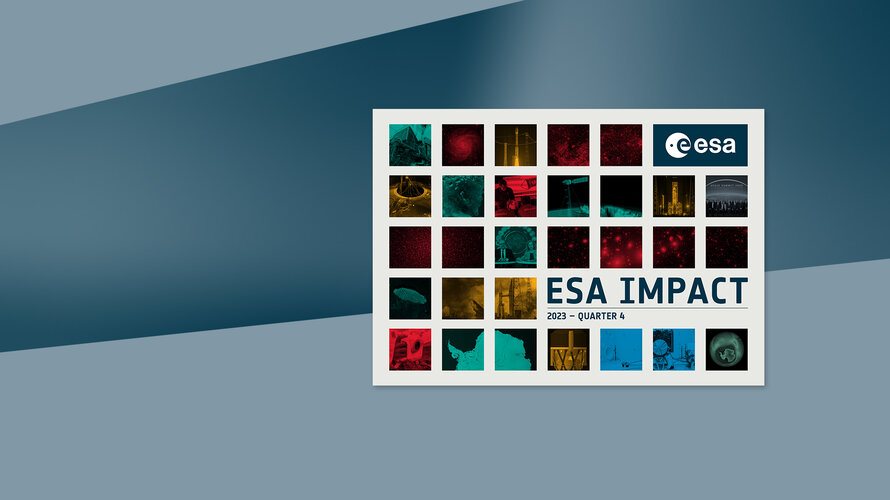
ESA Impact 2023 – Quarter 4
Welcome to this edition of ESA Impact, an interactive publication covering stories and images from the last quarter of 2023.
Top 10 Earth observation stories of 2023
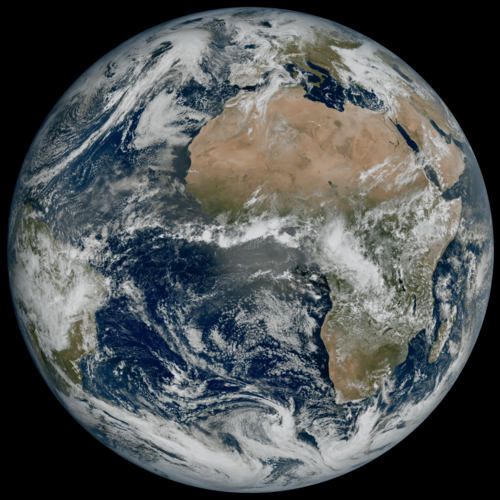
This year has been a whirlwind of captivating Earth observation stories and news, spanning from dramatic volcanic eruptions to powerful earthquakes to witnessing icebergs on the run. Join us as we revisit some of the most memorable stories from 2023.
Blue Origin returns to space after year-long hiatus
 Blue Origin launched its first rocket in more than a year on Tuesday, reviving the US company's fortunes with a successful return to space following an uncrewed crash in 2022.
Though mission NS-24 carried a payload of science experiments, not people, it paves the way for Jeff Bezos' aerospace enterprise to resume taking wealthy thrill-seekers to the final frontier.
The New Shepard subor
Blue Origin launched its first rocket in more than a year on Tuesday, reviving the US company's fortunes with a successful return to space following an uncrewed crash in 2022.
Though mission NS-24 carried a payload of science experiments, not people, it paves the way for Jeff Bezos' aerospace enterprise to resume taking wealthy thrill-seekers to the final frontier.
The New Shepard subor Blue Origin returns to space after yearlong hiatus
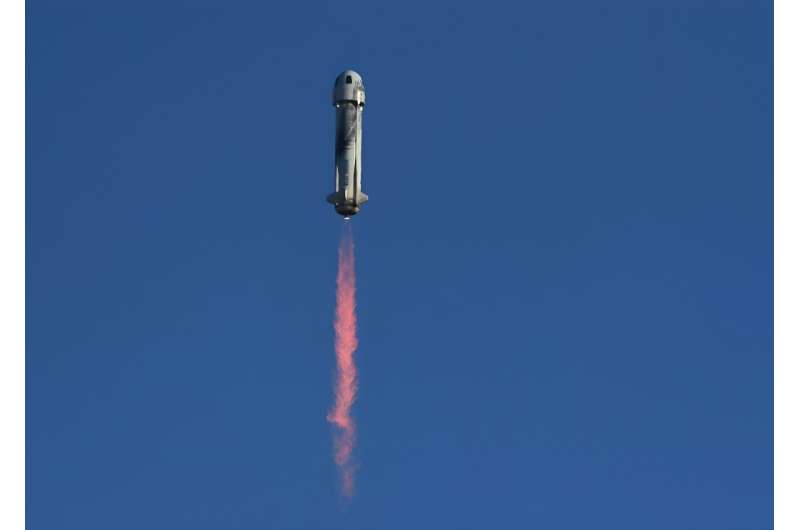
Blue Origin launched its first rocket in more than a year on Tuesday, reviving the US company's fortunes with a successful return to space following an uncrewed crash in 2022.
Though mission NS-24 carried a payload of science experiments, not people, it paves the way for Jeff Bezos' aerospace enterprise to resume taking wealthy thrill-seekers to the final frontier.
The New Shepard suborbital rocket blasted off from the pad at Launch Site One, near Van Horn, Texas, at 10:43 am local time (1643 GMT).
After separating from the booster, the gumdrop-shaped capsule attained a peak altitude of 66.5 miles (107 kilometers) above sea level, well above the internationally-recognized boundary of space known as the Karman line, which is 62 miles high.
The booster then successfully landed vertically on the launchpad, against the majestic backdrop of the Sierra Diablo mountains, followed a few minutes later by the capsule floating serenely to the desert floor on three giant parachutes.
Shining a light on NASA's deep space demo
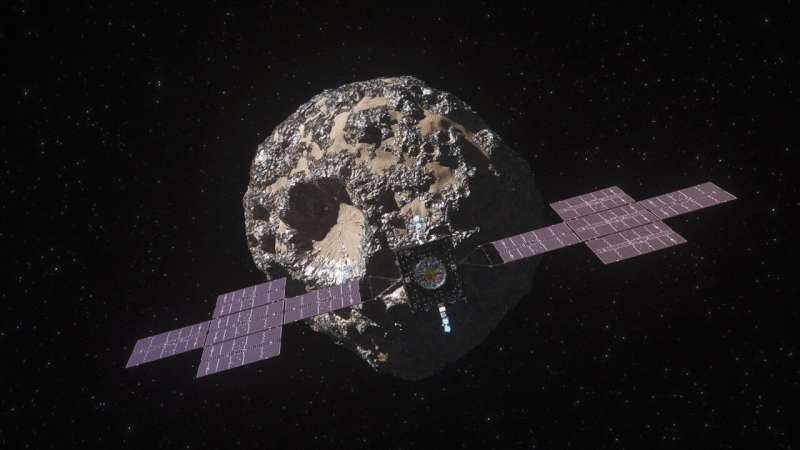
NASA's Psyche mission launched on 13 October 2023 on a journey to explore what could be the exposed metallic core of an ancient planet.
Riding along on board the Psyche spacecraft is an additional technology demonstration. NASA's Deep Space Optical Communication (DSOC) demonstration will test the use of lasers to transmit and receive more data with distant spacecraft than is possible with the radio waves currently in use.
Using a narrow laser beam to communicate with a spacecraft located 300 million km away presents a challenge on both interplanetary and quantum scales. However, if successful, the DSOC demonstration could unlock a world of new possibilities for future deep space missions.
ESA will participate in the DSOC demonstration in 2025 and work has begun to develop the required cutting-edge laser technology and ground infrastructure in Europe.
Research suggests women lose more muscle than men in spaceflight
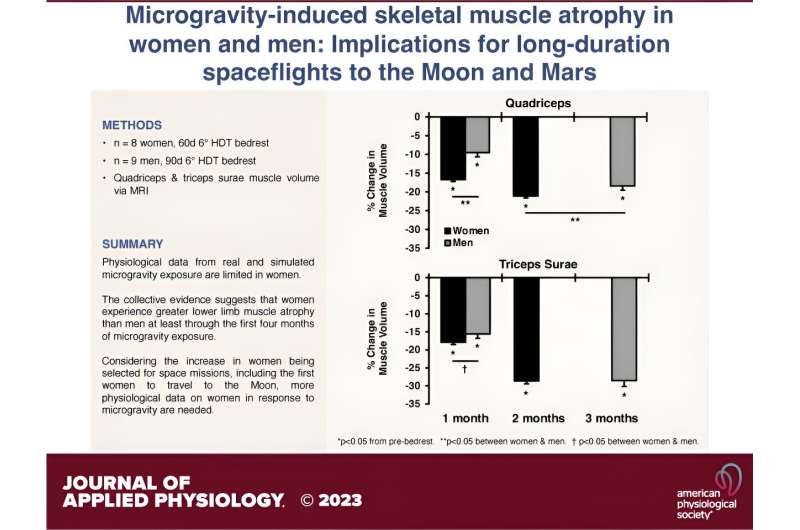
New research published ahead of print in the Journal of Applied Physiology suggests women lose more muscle than men in a microgravity environment such as spaceflight. The study "represent[s] the longest bed rest study on a large cohort of women" and underscores the need for more sex-specific studies on physiological responses to microgravity, the research team wrote.
Historically, only about 2 out of every 10 astronauts sent into space have been women. With NASA's decision to diversify crewmembers in future spaceflight missions, including the agency's intention to send the first woman to the moon in 2024, scientists are more interested than ever in discovering how biological sex plays a role in the physiological response to microgravity. However, existing literature on the female response to low-gravity environments is sparse.
The current study explored muscle loss (atrophy) in men and women during two extended bed rest trials. The men spent 90 days, and the women spent 60 days in a 6-degree head-down tilt position, where their head was below their feet.
Hera's solar wings are cleared for flight
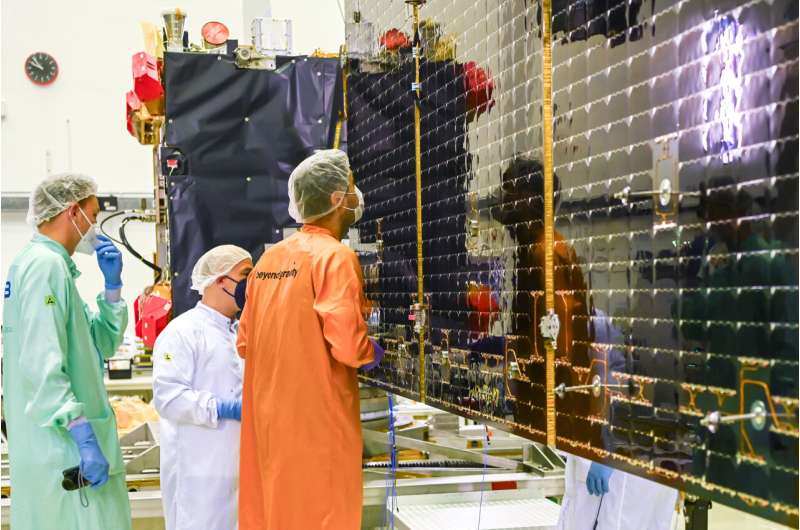
The solar wings that will power ESA's Hera asteroid mission for planetary defense as it ventures out to meet the Dimorphos asteroid have been cleared for flight. As part of its current test campaign at ESA's ESTEC Test Center in the Netherlands, the spacecraft commanded the deployment of the wings one at a time, as it will do in space directly after launch—known as a "hot deployment."
The van-sized spacecraft is equipped with two 5-m long wings, made up of three hinged panels each. This adds up to an overall area of approximately 14 square meters in all, with more than 1,600 solar cells in total. Azur Space in Germany manufactured the solar cells, which were then interconnected and arranged into working arrays by Leonardo in Italy onto panels provided by Beyond Gravity in Switzerland.
Designed and qualified to operate at temperatures between -100°C and +140°C, the panels will continue working even with the sun at its furthest distance, out beyond Mars orbit, where the spacecraft will receive only 17% of sunlight compared to a satellite orbiting Earth. In the phases of the mission in which Hera will be most distant, the solar panels will generate around 800 watts, equal to the energy needed to power a small microwave oven.
Bolivia's hypergravity blood cell test for astronaut health
